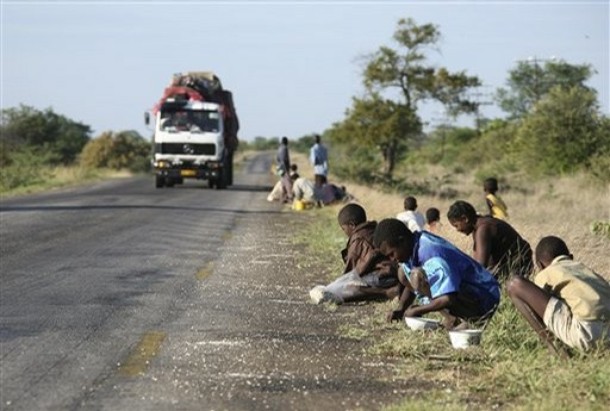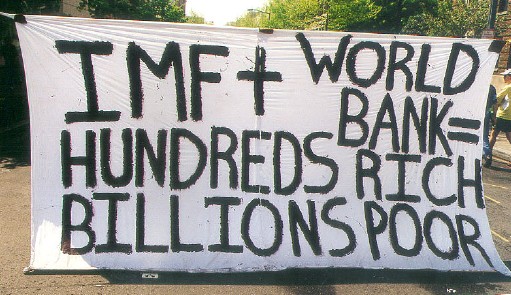The shortage of money the country is currently facing is likely going to persist for some time, financial market analysts have said.
In its weekly market review, Alliance Capital Limited says the situation will be fueled by the K72 billion owed by the Malawi Government to contractors, banks and other institutions out of which only K10 billion is to be paid from the current budget.
“It is, therefore, going to take a fine balancing act between financial institutions and the Reserve Bank as a regulator to ensure that the bottom does not fall out.
“A sound financial system is key to any economy and for attracting investment that could assist in our economic recovery efforts,” says Alliance Capital.
The portfolio investment manager says the optimism that had gripped market players is slowly being replaced by a sense of helplessness as the liquidity squeeze fails to subside with a number of banks facing mounting pressure to maintain their liquidity reserve requirements and settlement balances.
Last week, the discount window accommodation rose to a new high of K17.3675 billion per day against an average of K15.27 billion per day in the previous week.
“The weighted average discount window accommodation rate also increased to 22.60 percent against a prior 22.25 percent, reflecting the stress in the market. Interbank activity picked up somewhat and averaged K2.875 billion per day, up from K1.054 billion per day; the weighted average trading rate was 22.64 percent, down from the 22.92 recorded in the previous week.
“Interbank and discount window rates have converged and are more inclined towards the uncollaterallised rate of 23.50 percent. This is, therefore, the de facto bank rate. Wholesale market rates are above 20 percent with some highly stressed banks offering up to 25 percent for short term deposits,” says Alliance Capital.
Speaking during the Financial Market Dealers Association (Fimda) Annual Lake Conference on Sunday analysts noted that the introduction of Basel II in the country will also further worsen the liquidity situation in Malawi.
Basel II is the second of the Basel Accords, (now extended and effectively superseded by Basel III) intended to create an international standard for banking regulators to control how much capital banks need to put aside to guard against the types of financial and operational risks banks (and the whole economy) face.
Advocates of Basel II believe that such an international standard could help protect the international financial system from the types of problems that might arise should a major bank or a series of banks collapse.
Malawi is expected to upgrade from Basel I to Basel II in January 2014.




